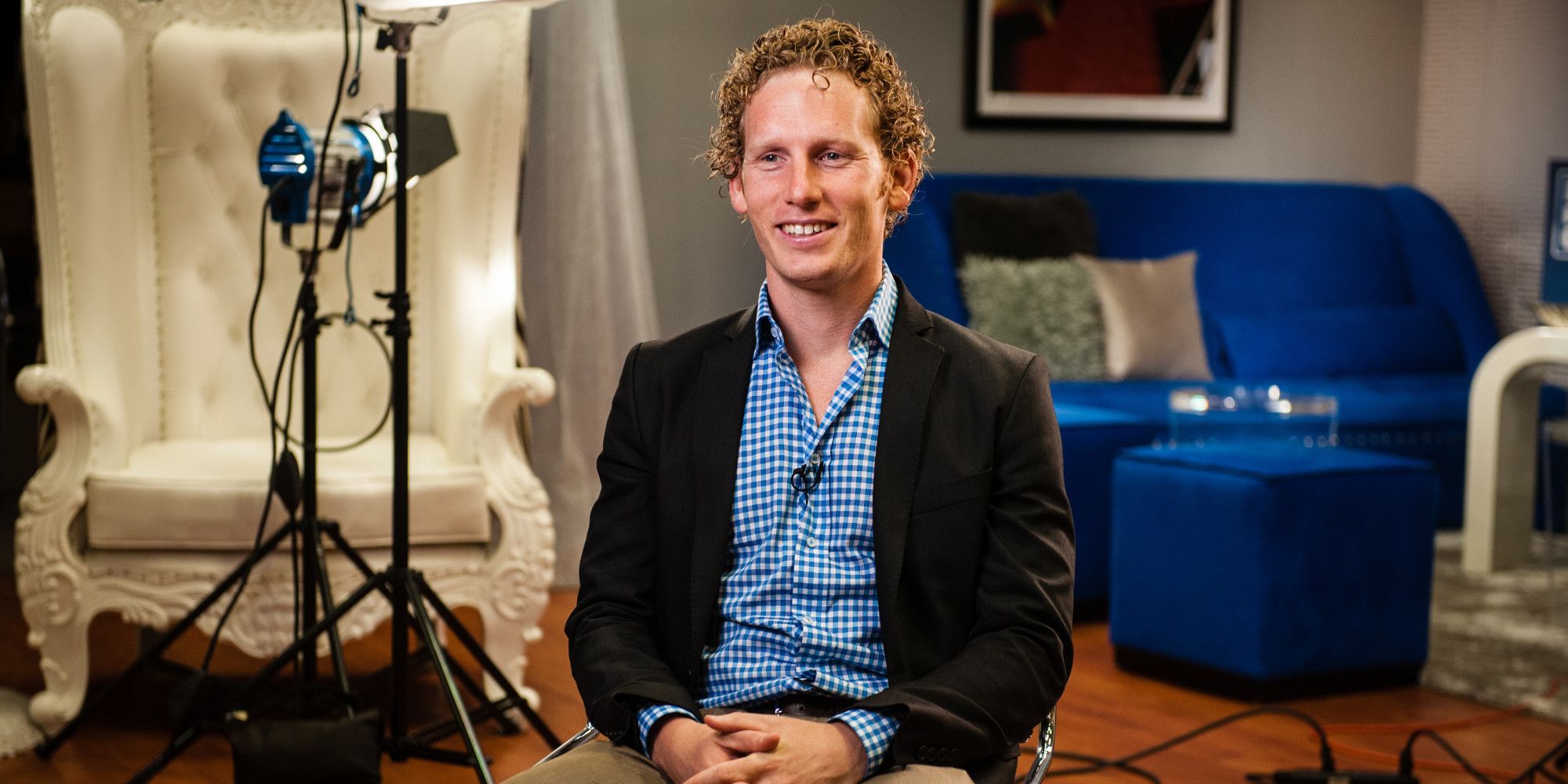Topics:
Marketing StrategyJoin 40,000+ sales and marketing pros who receive our weekly newsletter.
Get the most relevant, actionable digital sales and marketing insights you need to make smarter decisions faster... all in under five minutes.
Want your brand to spread? Use these 6 principles of a contagious idea.

May 31, 2016

 As a marketer, you’re likely interested in what makes some ideas or products more popular than others; why they seem to be contagious like a case of chickenpox in a second-grade class.
As a marketer, you’re likely interested in what makes some ideas or products more popular than others; why they seem to be contagious like a case of chickenpox in a second-grade class.
Unfortunately, there is a certain degree of luck involved in virality, but there are also specific characteristics that are commonly found in all products and ideas that are contagious.
A number of people have tried to shed light on the subject including Nir Eyal and Chip and Dan Heath, but in this summary we'll give into Jonah Berger's Contagious: Why Things Catch On.
The Wharton marketing professor is highly regarded for his knowledge of what makes information go viral and in this book, he answers questions like:
- What makes an idea, product, or brand popular?
- Why do people talk about certain things more than others?
- Why are some stories infectious while others are easily forgettable?
- What makes online content go viral?
Plenty of marketers are quick to respond to those questions by saying advertising is what makes a product, idea, or brand contagious.
Berger, however, challenges that notion by showing that people don’t pay as much attention to advertisements as they do to what their peers say about something.
Word of Mouth is Contagious
“Contagious products and ideas are like forest fires. They can’t happen without hundreds, if not thousands, of regular Joes and Janes passing the product or message along.”
- Jonah Berger
Word of mouth marketing is more powerful than traditional advertising for two primary reasons:
- It’s more trustworthy
- It’s more targeted
Ads are not trustworthy.
We expect an ad to sell us on how great the product is, but out friends have got our back. They will tell us what they honestly think about a product as they have no ulterior motive.
Companies create traditional advertisements for a wide audience.
An ad on the evening news, for example, will be put in front of the millions watching (though only a portion of the viewers will actually see it.)
Word of mouth, on the other hand, is more targeted; being spread organically on a smaller scale, to people who are already interested.
The 6 Principles That Make Things Contagious
According to Berger, any product, idea, or behavior can be contagious – as long as you build in the following principles.
#1 Social Currency
There are three ways to leverage social currency:
- Find inner remarkability. Share entertaining, innovative, or gripping stories that make your product, service, or information more interesting for people to talk about.
- Leverage game mechanics. People enjoy competition and they especially enjoy sharing status symbols like awards and prizes. Adding the element of "gamification" or something similar gives people an incentive to show off your product to others.
- Make people feel like insiders. The more exclusive something appears to be, the more people want it. Using a high price or scarcity tactics make your thing harder to obtain, which raises its social value.
#2 Triggers
What triggers people to think about your product or idea; to use your service? How can you connect it with something that makes it come to mind more often?
For example, the candy company Mars noticed an unexpected increase in sales of its Mars bar in 1997 when NASA had a well-publicized mission to Mars.
What similar news events can you align your brand with? This is the idea behind newsjacking.
#3 Emotion
Focus on feelings. What emotions result from your brand or idea? What emotions will resonate with your audience and prompt action?
For principle 4-6 and to learn how to adapt them to your brand, click "keep reading" below.
Photo Credit: Huffington Post
Free Assessment: